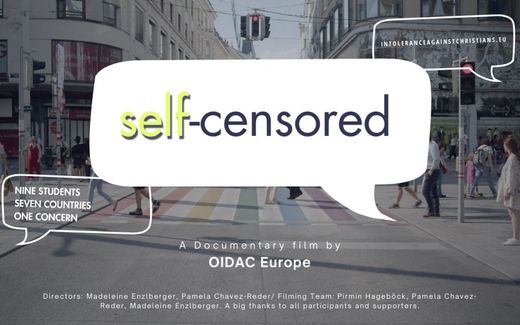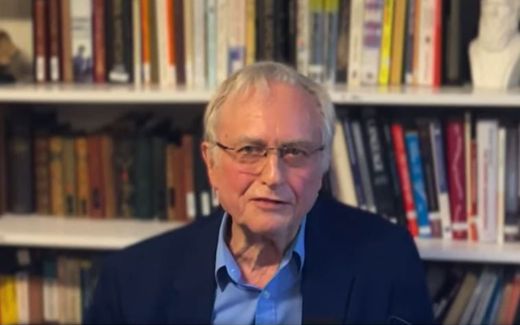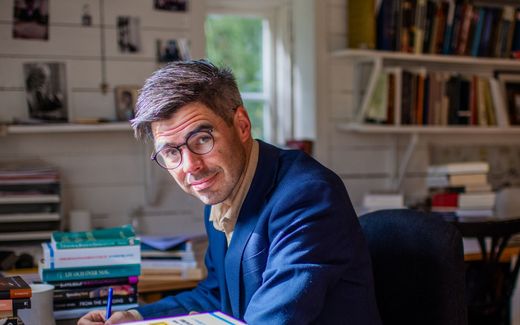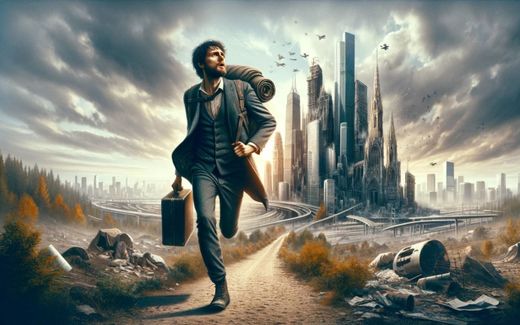Evert’s comment: Without the Bible, there wouldn’t be so many wheelbarrows

Wheelbarrows are the fruit of the Christian worldview, Mangalwadi says. Photo AFP, Manjunath Kiran
Opinion
The Indian philosopher has a difficult name: Vishal Mangalwadi. But his book has a clear message. In the weeks up to the European elections, it is good for Christians to listen to what he says.
Mangalwadi (1949) was once asked to give a series of lectures in Uganda in Africa. He was staying on the university campus in a modern accommodation. But looking out of his window, he kept seeing women and children with jerricans on their heads. He did not understand that. Surely, electric pumps could bring water into the house?
When he asked about it, they shrugged their shoulders. Why build electric pumps and pipes if there were enough women and girls?
Mangalwadi was reminded of his homeland, India. Only when the Gospel came did wheelbarrows appear. Not because the Bible recommends wheelbarrows. But because the Bible does teach the dignity of all people, it is lovely to give slaves a wheelbarrow.
But as long as the Gospel did not reach those areas, people did not care about pumps and wheelbarrows. Because the (worthy) men had (unworthy) workers enough to get the work done. “Technology is the fruit of a Biblical worldview,” Mangalwadi writes.
He describes many such examples in “The Book That Made Your World”. Someone from Finland who is involved in a lecture tour the Indian is currently taking through Scandinavia, casually dropped the title in conversation. Might be nice, I thought. But once I started reading it, I thought: Why didn’t I know about this book?
Mangalwadi grew up among Hindus and Buddhists in India. But as a student, he learnt about the Bible and came to faith. He began to see that the country would have looked entirely different without the Christian mission. There would have been no hospitals, no universities, and no courts.
Biblical thinking brings order (“cosmos”), whereas paganism knows only chaos. He goes through all areas to illustrate this: from music to technology, from the family to morality.
Of course, a lot of this is familiar. Christians are against corruption (let’s hope they behave like that too). But that St. Augustine wrote six essays about music (titled “De Musica”), I did not know at all, although I have read quite something by and about Augustine.
Certainly, we already know Tom Holland’s book “Dominion”, about the Christian character of Western culture. But for Holland, the Bible is ultimately a human book, civilising but without divine power.
In the weeks leading up to the European elections, the question is: what binds us as Europeans? Isn’t Christianity gone from Europe, seeing the empty churches? No, so, says Mangalwadi, even the cobblestones would testify!
We take much of our heritage for granted without knowing where it comes from. The humanists say they are the guardians of the rule of law. The Enlightenment is the source of knowledge and civilisation, of science and democracy! But this Indian boldly denies that. After all, without the Bible, no wheelbarrows!
Related Articles










